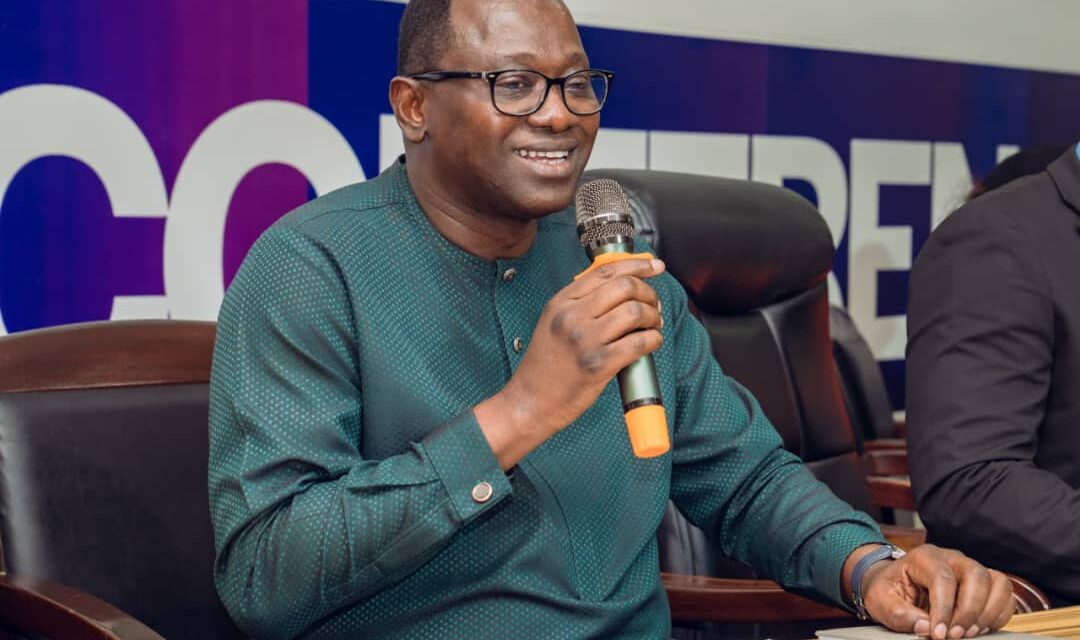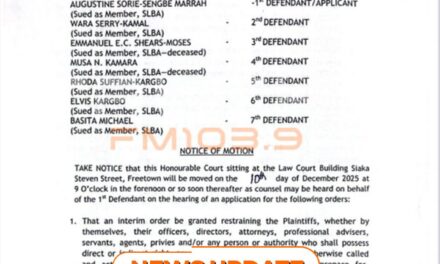Freetown, September 8, 2025 – The Ministry of Finance (MOF) has officially initiated the FY2026 budget preparation process, setting the stage for a series of high-level consultations aimed at reshaping national spending priorities and boosting domestic revenue generation.
MOF, in collaboration with the Ministry of Planning and Economic Development, announced that the process will begin with a National Policy Hearing on Thursday, September 11, at the Freetown International Conference Centre in Aberdeen. Themed “Enhancing Traditional, whilst Introducing Innovative Domestic Revenue Mobilization Strategies to Finance The Big Five Game Changers,” the hearing will serve as the formal curtain-raiser for this year’s fiscal planning cycle.
The session will convene Ministers, Deputy Ministers, Professional Heads, Vote Controllers, and Budget Committee Members to review sectoral policies aligned with the Medium-Term National Development Plan. Discussions will centre on how to fund key government priorities, including infrastructure, education, healthcare, agriculture, and job creation, through smarter, more sustainable revenue strategies.
From September 18 to 27, the Ministry of Finance will host bilateral budget discussions with all Ministries, Departments and Agencies (MDAs). These meetings, held daily at the Ministry’s conference rooms, will allow stakeholders to negotiate allocations, refine strategic plans, and align spending with national development goals.
MDAs are required to present:
- A detailed strategic plan with measurable programs
- Full analysis of ongoing projects (including actual costs, disbursements, and remaining balances)
- PowerPoint presentations summarizing proposals
Vote Controllers must submit 60 hard copies of their budget documents to the Budget Bureau and project analyses to the Ministry of Planning at least two days before their scheduled sessions.
The process will also include representatives from development partners, NGOs, District Budget Oversight Committees (DBOCs), civil society organizations, and non-state actors, ensuring transparency and broad-based input.
This year’s budget cycle reflects a growing emphasis on accountability, innovation, and strategic investment in Sierra Leone’s future. As the country navigates economic challenges and rising public expectations, the FY2026 budget is expected to play a pivotal role in financing transformative national programs.









